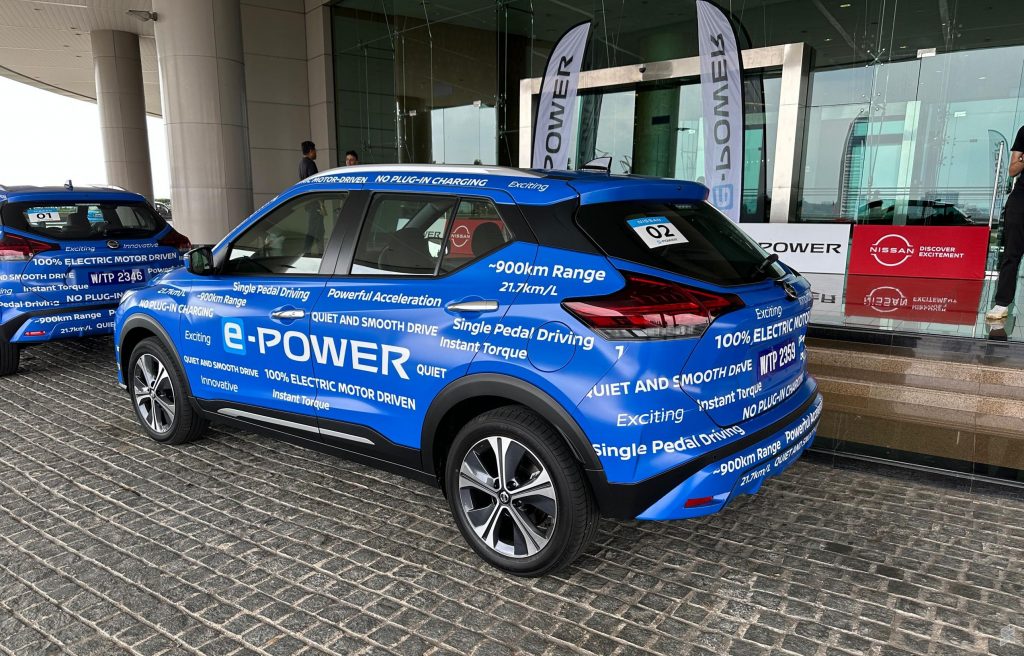If you already own a Raspad 3 equipped with a Raspberry Pi 4 mini PC and are wondering whether it will run with the latest Pi 5 you’ll be pleased to know that leepspvideo has tested out the Raspberry Pi 5 and it offers a responsive and snappy Raspberry Pi 5 tablet user experience with no modifications needed.
The Raspberry Pi 5, the latest iteration of the popular mini PC, was announced by the Raspberry Pi development team, with a launch date set for the end of October. This new model is a significant upgrade from its predecessor, the Raspberry Pi 4, boasting a faster speed and an in-house designed silicon. The Raspberry Pi 5 is priced at $60 for the 4GB variant and $80 for the 8GB variant, excluding local taxes, making it an affordable option for tech enthusiasts and professionals alike.
The Raspberry Pi 5 is powered by a 16-nanometer application processor (AP) from Broadcom, the BCM2712. This is a notable upgrade from the 28-nanometer BCM2711 AP that powered the Raspberry Pi 4. The BCM2712 features a quad-core 64-bit Arm Cortex-A76 processor, clocked at 2.4GHz, with 512KB per-core L2 caches, and a 2MB shared L3 cache. This new processor promises to deliver improved performance and efficiency.
Raspberry Pi 5 mini PC
Other articles you may find of interest on the subject of Raspberry Pi 5 :
In addition to the upgraded processor, the Raspberry Pi 5 also features a faster GPU, Broadcom’s VideoCore VII, with open source Mesa drivers. This new GPU is expected to deliver superior graphics performance, making the Raspberry Pi 5 a more capable device for multimedia applications.
The multimedia subsystem of the Raspberry Pi 5 has also been enhanced. It includes an updated VideoCore hardware video scaler capable of driving two simultaneous 4Kp60 HDMI displays, a 4Kp60 HEVC decoder, and a new Image Sensor Pipeline (ISP). These features make the Raspberry Pi 5 a powerful tool for multimedia content creation and consumption.
The Raspberry Pi 5 also boasts a 32-bit LPDDR4X SDRAM subsystem, running at 4267MT/s. This high-speed memory subsystem will contribute to the overall performance of the device, allowing it to handle more demanding applications and tasks.
Connectivity options on the Raspberry Pi 5 have also been improved. It features dual-band 802.11ac Wi-Fi and Bluetooth 5.0, ensuring fast and reliable wireless connections. The device also includes a high-speed microSD card interface, USB ports, and Gigabit Ethernet with PoE+ support, providing a wide range of options for data transfer and networking.
The Raspberry Pi 5 maintains the standard 40-pin GPIO header, allowing for compatibility with a wide range of peripherals and add-on boards. It also introduces a real-time clock and a power button, features that were not present in the previous models.
The Raspberry Pi 4 and its derivatives have sold over 14 million units despite supply chain challenges in the electronics industry. This popularity is a testament to the versatility and affordability of the Raspberry Pi platform. With the launch of the Raspberry Pi 5, the Raspberry Pi development team aims to continue this success, offering an even more powerful and feature-rich device at an affordable price point.
The Raspberry Pi 5 represents a significant step forward for the Raspberry Pi platform. With its upgraded processor, faster GPU, enhanced multimedia subsystem, and improved connectivity options, it promises to deliver a powerful and versatile mini PC experience. Whether you’re a tech enthusiast, a professional developer, or a hobbyist, the Raspberry Pi 5 offers a compelling option for a wide range of applications.
Filed Under: Hardware, Top News
Latest togetherbe Deals
Disclosure: Some of our articles include affiliate links. If you buy something through one of these links, togetherbe may earn an affiliate commission. Learn about our Disclosure Policy.




